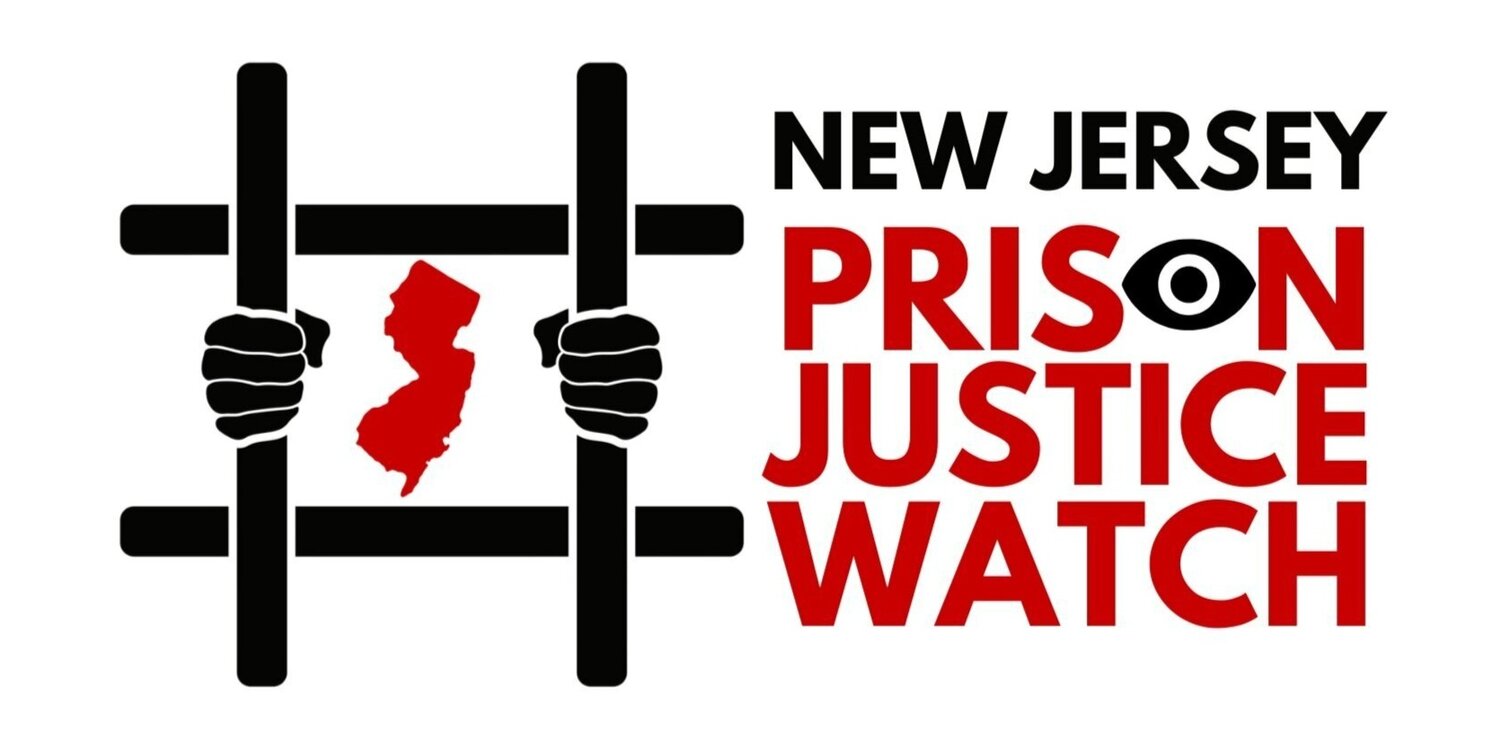READ OUR FULL REPORT
“ISOLATED VOICES: THE STATE OF SOLITARY IN NJ 2024”
Released October 1, 2024
WATCH THE FULL PRESS CONFERENCE HERE
Report Overview (From pages 1-2)
Over the past two decades, activists in New Jersey have been making an effort to address the problem of extended solitary confinement in the state's prison system. They have collected testimonies detailing the severe consequences that prolonged isolation has on incarcerated individuals, which they refer to as "no-touch torture." This issue has also received international attention from figures such as Pope Francis and the UN Committee Against Torture, who have expressed concern about the widespread use of solitary confinement in US prisons.
As a response to these concerns, the New Jersey Campaign for Alternatives to Isolated Confinement (NJ-CAIC) was established to advocate for legislative reform limiting the excessive use of solitary confinement. The campaign successfully led to the passing of the New Jersey Isolated Confinement Restriction Act (ICRA) in 2019, which was a significant milestone in protecting the rights and well-being of incarcerated individuals. This bill placed limitations on the duration of isolated confinement, and also placed absolute restrictions against isolating any member of “vulnerable populations,” both aligning with international human rights standards.
But perhaps the most important achievement of ICRA was how it defined “isolated confinement:” not through reference to any particular housing unit or disciplinary practice, but by its features. The experience of isolation was restricted through the passage of ICRA, not just the policies governing specific housing units. Within a year of the groundbreaking legislative campaign, it became obvious that the NJ Department of Corrections (NJ-DOC) was interpreting ICRA more narrowly, applying it only to specific policies governing “Administrative Segregation” or other close-custody units, and with little oversight.
In 2020, NJ-CAIC reconstituted itself as New Jersey Prison Justice Watch (NJPJW), with the explicit mandate to monitor compliance with ICRA and work for greater oversight and accountability within the state's prison system. When COVID-19 hit the country in 2020, New Jersey’s prison population suffered disproportionately, and this crisis required heightened vigilance from NJPJW. Aside from the concerns directly related to the spread of communicable diseases, alarming correspondence from incarcerated people indicated a re-entrenchment of isolation practices under the justifications of medical quarantine. And even when the pandemic was no longer affecting daily operations, the reports from incarcerated people continued, testifying to the overuse and ubiquity of isolated confinement.
An October 2023 report from the Office of the Corrections Ombudsman (OCO) confirmed these allegations of non-compliance, revealing concerning trends in housing practices, despite the enactment of ICRA. Many prisons have failed to adhere to the law's mandates, particularly regarding the provision of adequate time out of cells in restorative housing units (RHUs), which poses a significant threat to the well-being of incarcerated individuals. Further, the OCO found in its April 2024 report that the DOC is using restrictions on visitation and phone calls to further isolate those in custody, restrictions that improperly use deprivation of meaningful human connection as a disciplinary tool.
The purpose of the following report is to lift up the voices of those who continue to suffer from unlawful isolation practices in New Jersey, even as the Department of Corrections alleges its compliance with the law. By publishing these testimonies, we aim to shed light on the urgent need for corrective action, and to call upon New Jersey’s elected and appointed leaders to safeguard the rights of those affected by isolated confinement practices in New Jersey prisons.
This report features testimonies divided into three categories, all of which were intended to be addressed by ICRA: 1) inhumane living conditions; 2) insufficient out-of-cell time; and 3) inadequate medical and mental health services. The report concludes with four focused policy recommendations.

